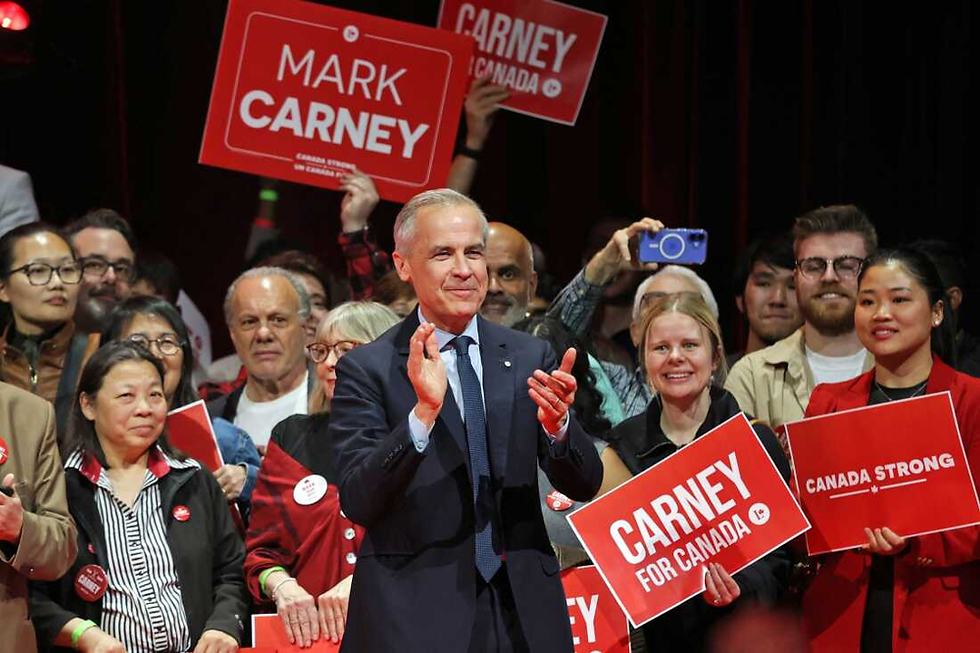Pros and Cons of American and European Union Investment in Angola
- Admin

- Mar 31
- 4 min read

President Joe Biden's Visit to Angola 🇦🇴
In December 2024, US President Joe Biden made a landmark three-day visit to Angola, marking the first such visit by a sitting American president in over 30 years of diplomatic relations. Biden concluded his visit with a multilateral summit on the Lobito Corridor in Benguela, alongside leaders from Angola, Zambia, DRC, and Tanzania.
The US committed an additional $600 million investment into the Lobito Corridor, underscoring the critical role the corridor will play in regional development and economic integration. The corridor promises to boost exports for Angola, Zambia, and DRC while creating jobs and enhancing infrastructure. The investment will also focus on sustainable growth, facilitating trade, and improving connectivity across the Southern African Development Community (SADC).
Perspectives from Angolans
While the investment brings optimism, Angolans both inside and outside the country have varying perspectives on the benefits and risks of these international engagements.
Local Business Leaders
José Severino, president of the Association of Industrialists of Angola (AIA), views the project as an opportunity not only for mineral exports (such as copper and gold) but also for agriculture. According to Severino, the corridor could provide essential support for small and medium enterprises (SMEs) in Angola, particularly those involved in farming, which would benefit the local economy and families.
International Stakeholders
From a business perspective, Pedro Godinho, president of the Angola-US Chamber of Commerce, does not believe a potential return of Donald Trump to the White House would jeopardize the Lobito Corridor project. Godinho believes that the US’s broader strategic interests, particularly in competing with China, will ensure the continuity of such projects, given Africa's increasing importance as a raw materials supplier to the West.
The Debate on Institutional Corruption and Governance
One critical concern among critics is the possibility of mismanagement and corruption. Given Angola’s history of institutional corruption, many question whether the government will misuse the funds coming from these investments. Opposition parties, particularly from the UNITA and FNLA, express skepticism about how effectively the government will channel these investments into tangible, inclusive development rather than political self-interest.
Transparency and Governance
Olívio Nkilumbo, a member of the UNITA parliamentary group, emphasizes that the Angolan government should be held accountable for its management of foreign investments, urging for greater transparency and good governance. He believes the investment should benefit the broader population, particularly in light of Angola’s current economic difficulties and human rights challenges. Nkilumbo also voiced hope that the US-Angola relationship could bring positive change, particularly in governance, under future US administrations.
US Military Involvement
The more critical voices argue that the US has deeper geopolitical interests in the region, particularly related to the export of minerals from the DRC. Some worry that the investment in the Lobito Corridor could be a precursor to the establishment of military bases or increased foreign control over regional resources. There are concerns that these investments might serve to monitor and control the region's vast mineral wealth, rather than genuinely empowering local economies. These critiques suggest that foreign powers could leverage their economic influence for strategic advantage, potentially compromising Angola's sovereignty in the process.
Political Implications for Angola’s Government
The question of whether João Lourenço’s government will use Biden’s visit as a way to maintain its hold on power is another point of contention. While President Lourenço has highlighted the potential benefits of the Lobito Corridor in terms of fostering economic growth and regional integration, critics argue that there is little evidence that the government will use this moment to improve governance or tackle endemic corruption.
Some fear that the current political climate in Angola, which has been marked by significant economic instability and human rights issues, may hinder the ability of the government to fully capitalize on the potential of the Lobito Corridor for inclusive development. There are doubts over whether the benefits of this foreign-backed initiative will be felt by ordinary Angolans, especially when previous international investments in the country have been marred by corruption scandals and a lack of accountability.
Weighing the Benefits and Risks
The Lobito Corridor represents both a tremendous opportunity and a potential source of geopolitical tension. On the one hand, it promises to unlock the economic potential of Angola, Zambia, and the DRC, enhance trade, and foster regional cooperation. On the other hand, there are concerns over transparency, the potential for corruption, and the possibility of the US and EU leveraging their investments for strategic advantage in the region.
Angola must ensure that the funds and investments poured into the corridor lead to real and sustainable development for its people. While foreign investments can provide essential infrastructure and economic benefits, the Angolan government must rise to the challenge of managing these resources with integrity, ensuring that they serve the public interest rather than political elites.
As the US and EU continue to invest in Angola, it will be critical for both international partners and Angolan citizens to monitor how these funds are used, ensuring that the Lobito Corridor lives up to its promise of being a transformative force for the entire Southern African region.
This article was written by João Macongo, who seeks to highlight the complex landscape of foreign investment and governance in Angola’s current economic and political context.







Comments